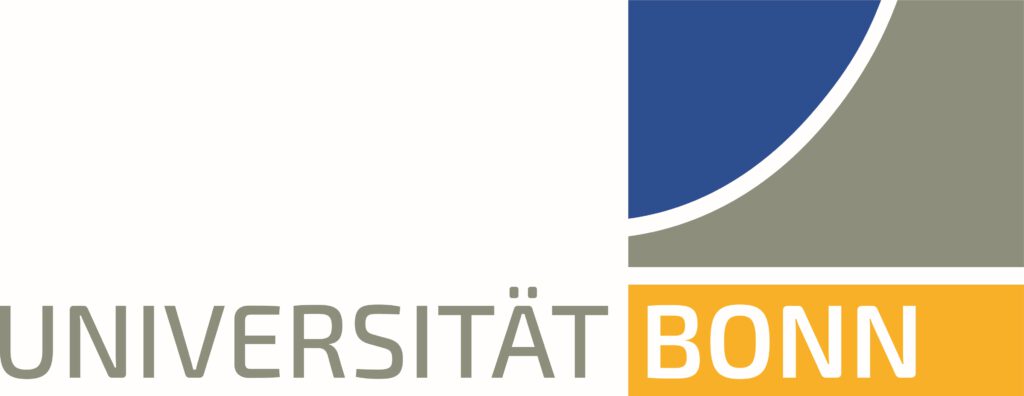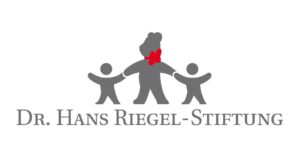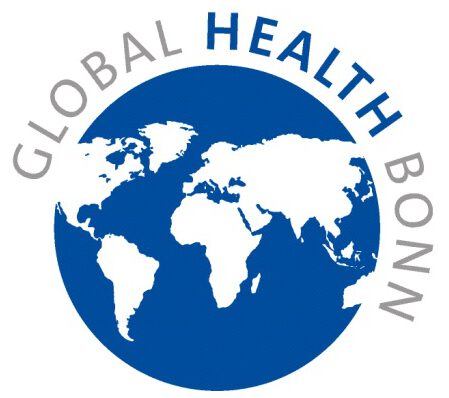MSc Global Health
Study Contents
From the intake 2024/25 onwards, the MSc Global Health is a one year full-time intensive study programme. The compulsory and elective modules broach the issue of Global Health from various perspectives, for example, from a medical, social, geographical and political angle. The reformed study programme will no longer include an obligatory internship; the length of the Master thesis module is shortened.
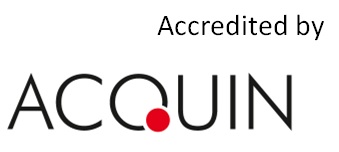
click here for the certificate of accreditation for the discontinued MSc Global Health Risk Management & Hygiene policies
and for the certificate of extension of the accreditation for the discontinued MSc Global Health Risk Management & Hygiene policies
Fields of study
Students will be introduced to the basics of global and public health, hygiene infrastructure and health policies. Further, they will gain knowledge about infectious diseases as well as non-communicable diseases, mother-child health and environmental issues. In connection with that, they will discuss strategies to control and prevent diseases, especially focussing on LMIC. Therefore, not only social but also biological and environmental aspects and impacts on health will be tackled, for instance food production and nutrition. Also, the study will broach the issue of current challenges in global health, SDGs as guiding principles, and management structures in health care system in order to prepare students for future policymaking.
With graduation you have
- gained in-depth knowledge and a profound understanding of
- Global Health as such,
- Global Clinical Care,
- non-communicable diseases,
- maternal and child health,
- prevention and control of infectious diseases,
- health systems,
- development politics and humanitarian aid,
- food security and safety,
- One Health,
- risk assessment and management, as well as
- sustainable development and the Sustainable Development Goals (SDGs).
- practiced how to use the acquired knowledge to new, so far unknown situations, particularly in low resource settings.
- learned how to analyse the health implications of given situations with the help of interdisciplinary approaches.
- trained how to develop and assess health interventions for various issues – while being aware of the complexity and scarcity of information and the necessity of tying recommendations and decisions back to latest scientific findings.
- enhanced the ability to communicate, present and argue for health issues in a way that is appropriate to the target group.
For an in-depth insight into the study contents please watch the video below.
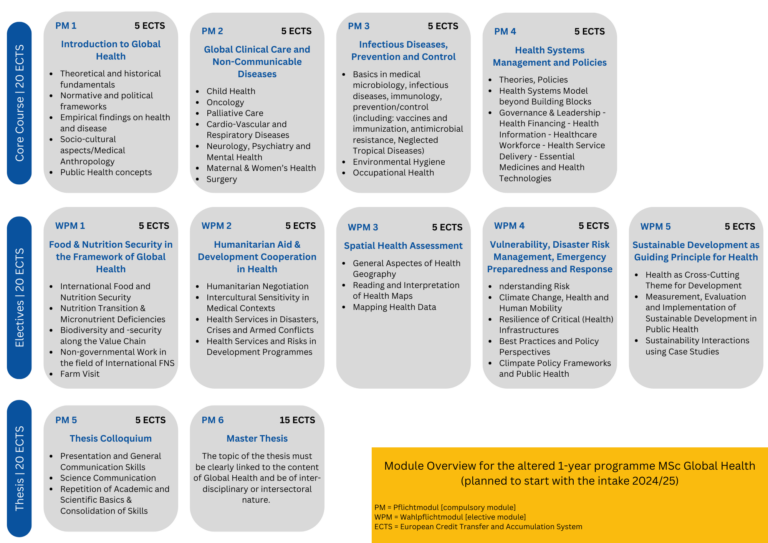
The MSc Global Health is a so-called postgraduate degree (‘Weiterbildungsmaster’). Master degrees within the scope of continuous education require previous professional experience. The single modules of the MSc Global Health build on this professional experience and develop it further. This allows you to specialize in one field and advance your career in this field – Global Health – outside of academia. You will be enrolled as a postgraduate student.
At the University of Bonn postgraduate students have the same status as guest students and hence are not eligible, for example, for the public transport’s student fare (‘Semester-Ticket’).
Study Fees
As the MSc Global Health is a postgraduate degree it comes with study fees. For the 1-year programme, the fees amount to 9.700,00 €. The fees include the lectures of all modules, examinations, excursions and the scientific supervision for the Master thesis.
Please note: The immatriculation and re-registration fees (115,00€/semester as of August 2023) are not included in the tuition fee. They must be paid on top by all students (regardless of holding a scholarship).
The German Academic Exchange Service (DAAD) offers a limited number of scholarships to highly qualified applicants. The current call for applications and necessary application documents for the scholarship for an EPOS study program can be found on the DAAD’s website. If you are not eligible for the DAAD EPOS scholarship you may apply individually and early to other available funding programmes in Germany. A list of available programmes can be found here. Scholarships by the Dr. Hans Riegel-Stiftung are no longer available.
Please note that we do not offer any assistance for other scholarship applications.
Participation in modules of 5 ECTS each is possible and comes with a contribution of 1.300,00 € per module. For taking the module examination the study entry requirements have to be met.
Rules and Regulations
All documents listed below apply to the altered study programme MSc Global Health (1-year programme).
- MSc Global Health Bonn_Module Handbook
- MSc Global Health – Examination Regulations (in German)
- First amendment (in German)
All documents listed below only apply to the discontinued study programme MSc Global Health Risk Management & Hygiene Policies (2-years programme).
- MSc Global Health – Module Handbook
- MSc Global Health – Examination Regulations (in German)
- First amendment (in German)
- Second amendment (in German)
- Official Selection Procedure Rules (in German)
Contact
E-Mail: master.globalhealth@ukbonn.de
Landline phone: +49 (0) 228 287 10317
You find us in Building 66 (Gebäude 66) on the Venusberg-Campus.
For a map of the campus click here.
Postal Address:
Section Global Health
Institute of Hygiene and Public Health
Venusberg-Campus 1
D-53127 Bonn

